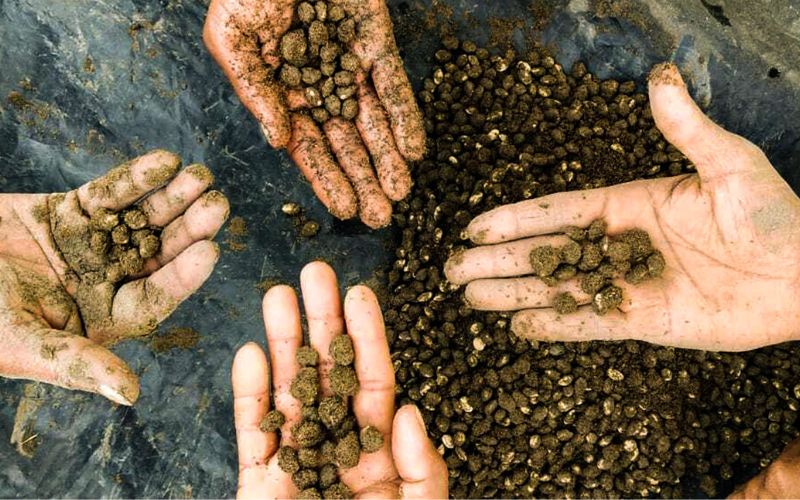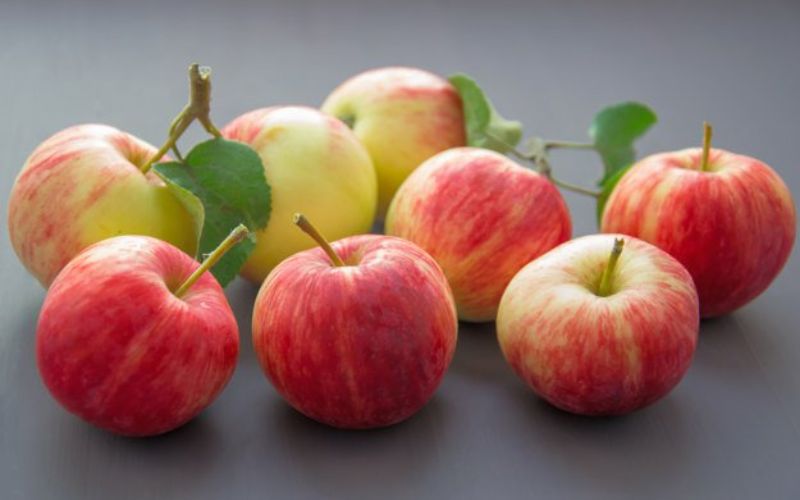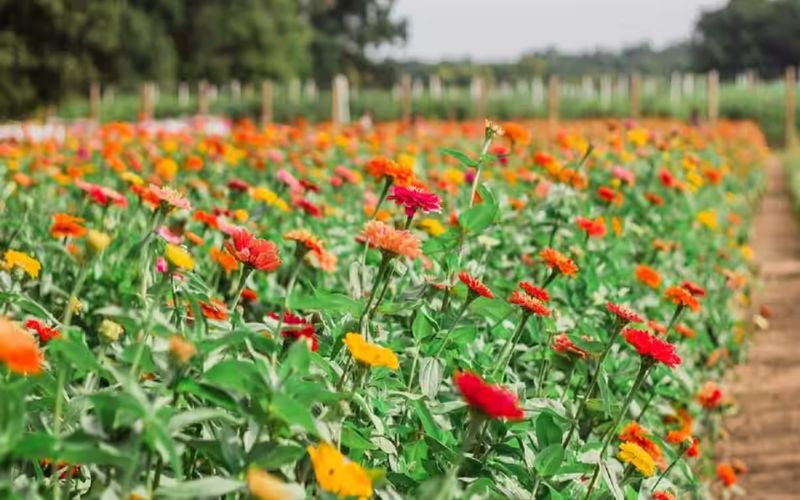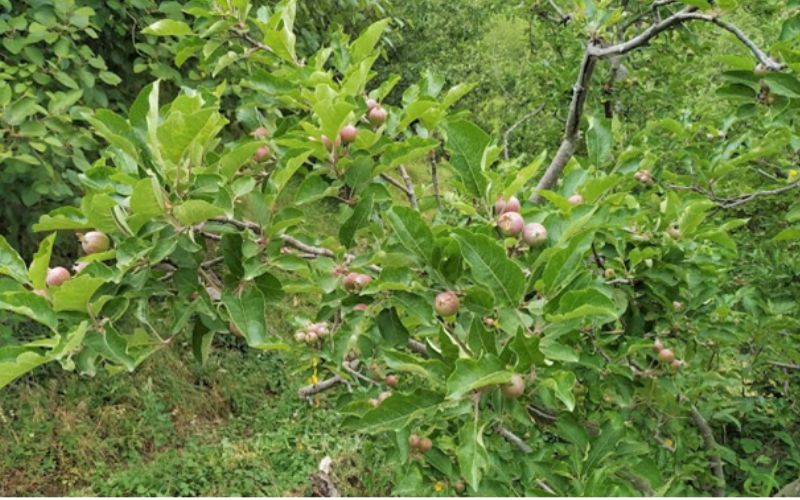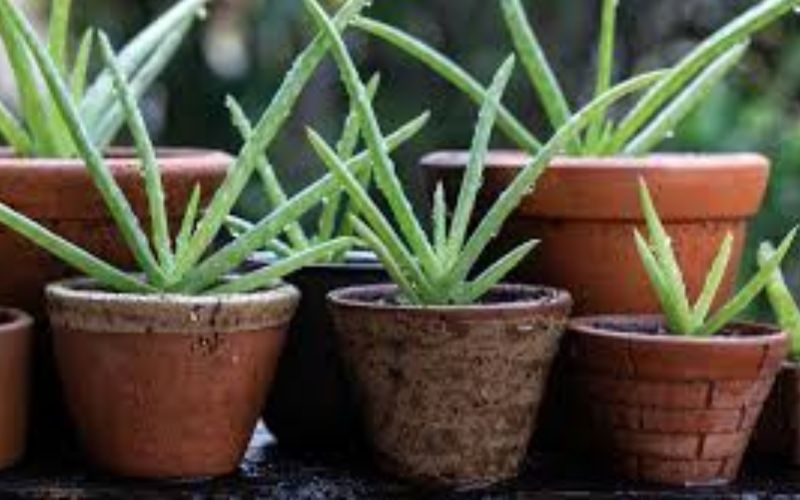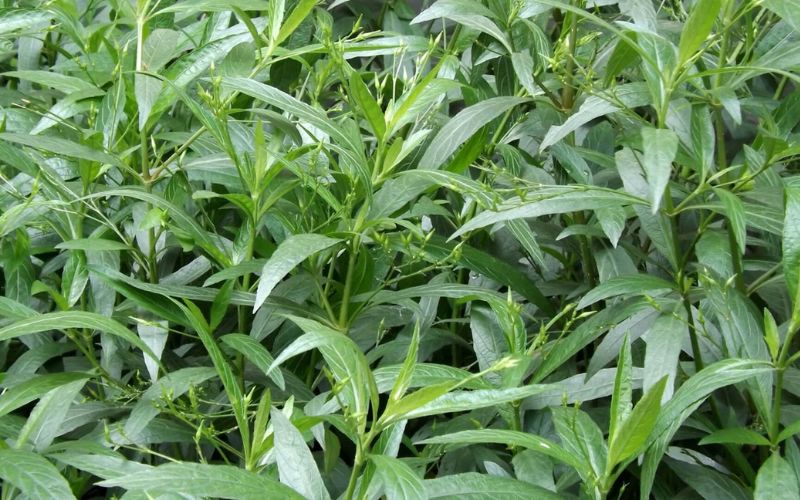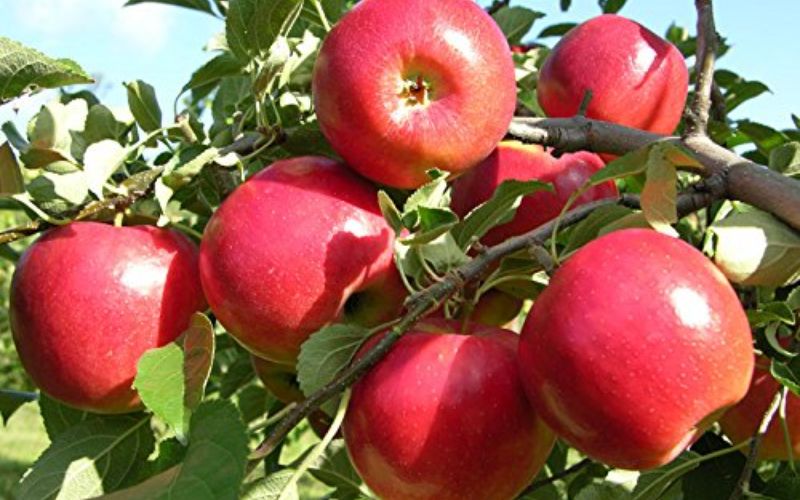Banashankari Temple’s Green Initiative: Transforming Food and Flower Waste into Compost
New Delhi: In a sustainable initiative the Banashankari Temple in Bengaluru has taken a significant step towards waste management by converting food and flower waste into nutrient-rich compost. This eco-friendly practice not only helps in reducing waste but also promotes a greener environment.
The temple which attracts thousands of devotees daily, generates a substantial amount of organic waste primarily from food offerings and floral decorations. To tackle this issue the temple administration has introduced a composting system that efficiently processes this waste into compost.
Read More: Mastering Dahlia Delights: Eight Steps to Growing Stunning Flowers at Home
The process begins with the collection of organic waste including leftover food and wilted flowers from the temple premises. This waste is then transported to a designated composting area within the temple complex. The waste is sorted and shredded to accelerate the composting process.
The shredded waste is then mixed with microbial culture and placed in composting pits. These pits are designed to provide the ideal conditions for composting, including aeration, moisture and temperature control. Over time the waste breaks down into compost a nutrient-rich soil amendment that can be used in the temple gardens and donated to local farmers.
This initiative not only helps in managing waste but also promotes sustainable practices and environmental awareness among the temple’s devotees and visitors. By witnessing the transformation of waste into compost people are encouraged to adopt similar practices in their homes and communities.
The compost produced at the Banashankari Temple is used to enrich the soil in the temple gardens promoting healthy plant growth and reducing the need for chemical fertilizers. The temple plans to distribute excess compost to local farmers further benefiting the environment and promoting sustainable agriculture practices.
The Banashankari Temple’s initiative to convert food and flower waste into compost serves as a shining example of how religious institutions can lead the way in promoting environmental sustainability. It highlights the importance of waste management and encourages communities to adopt eco-friendly practices for a greener future.


